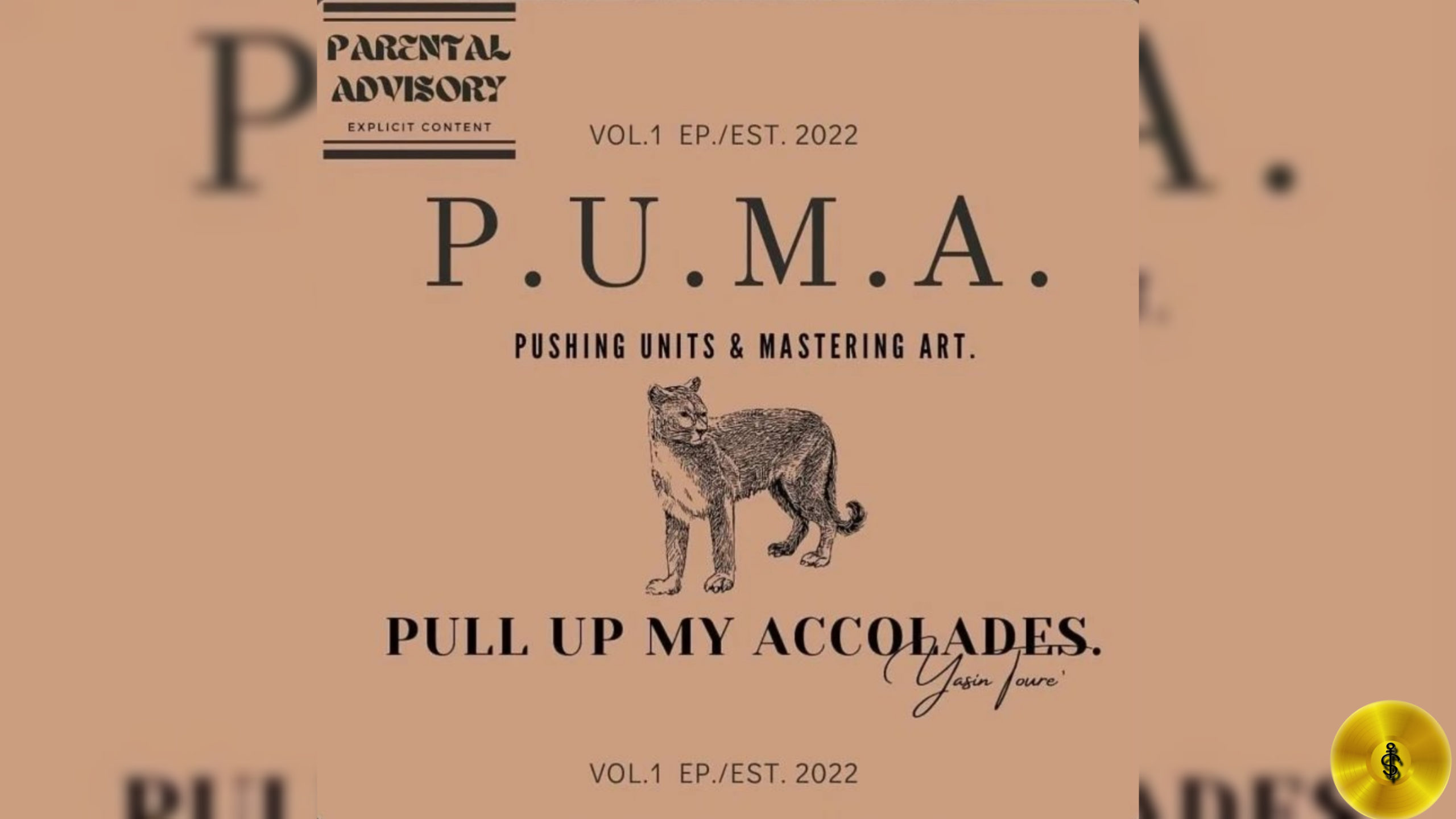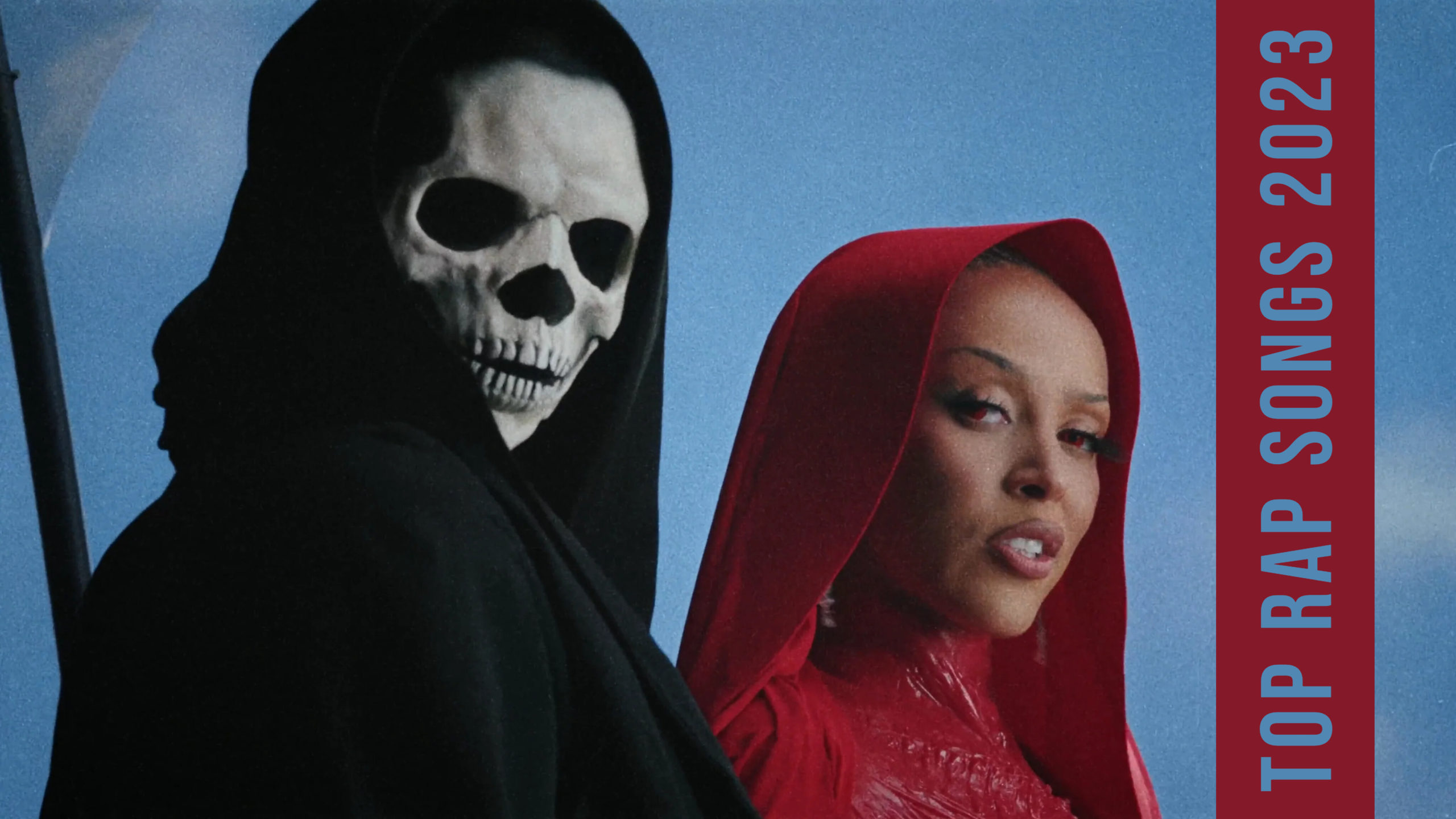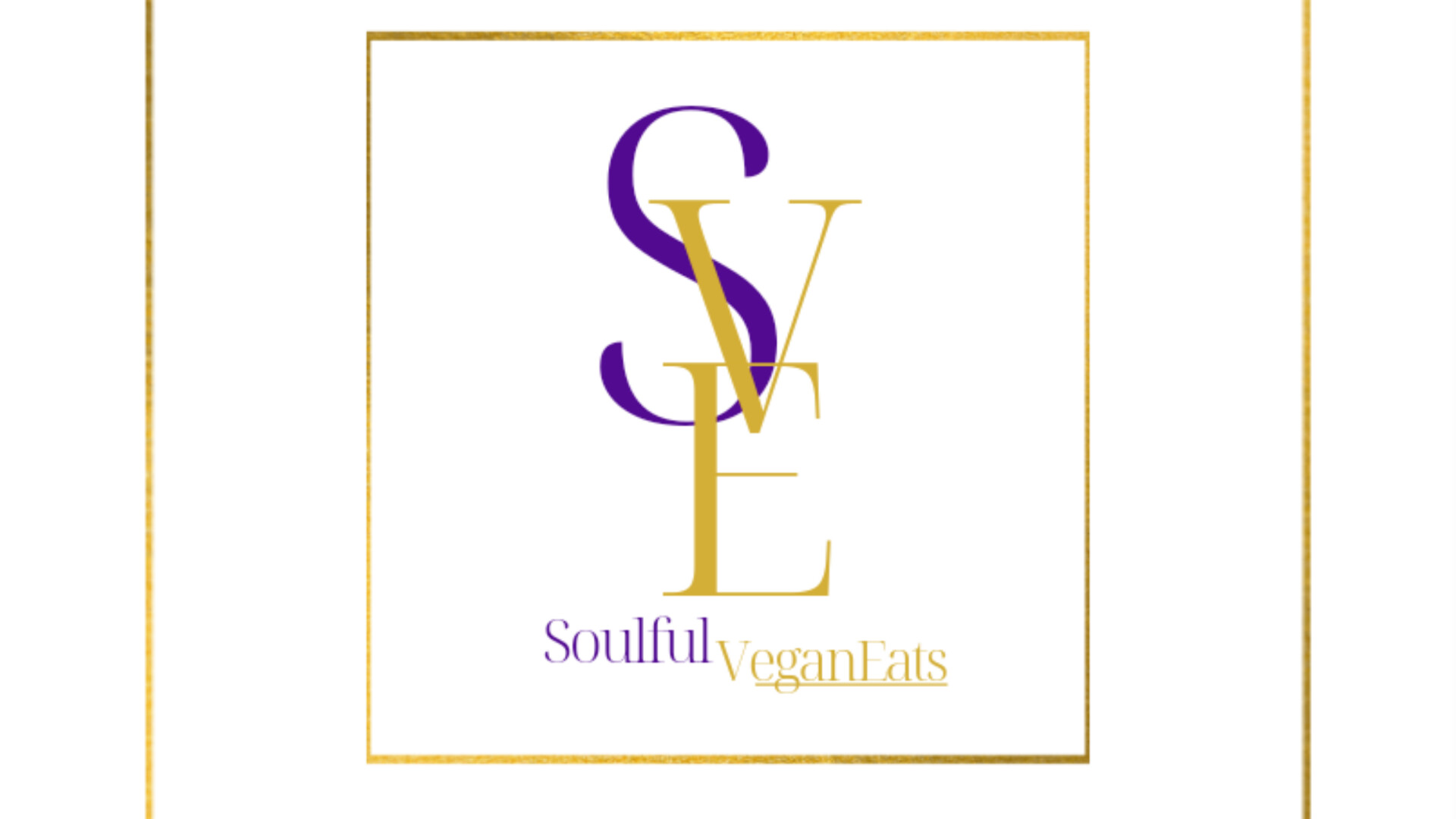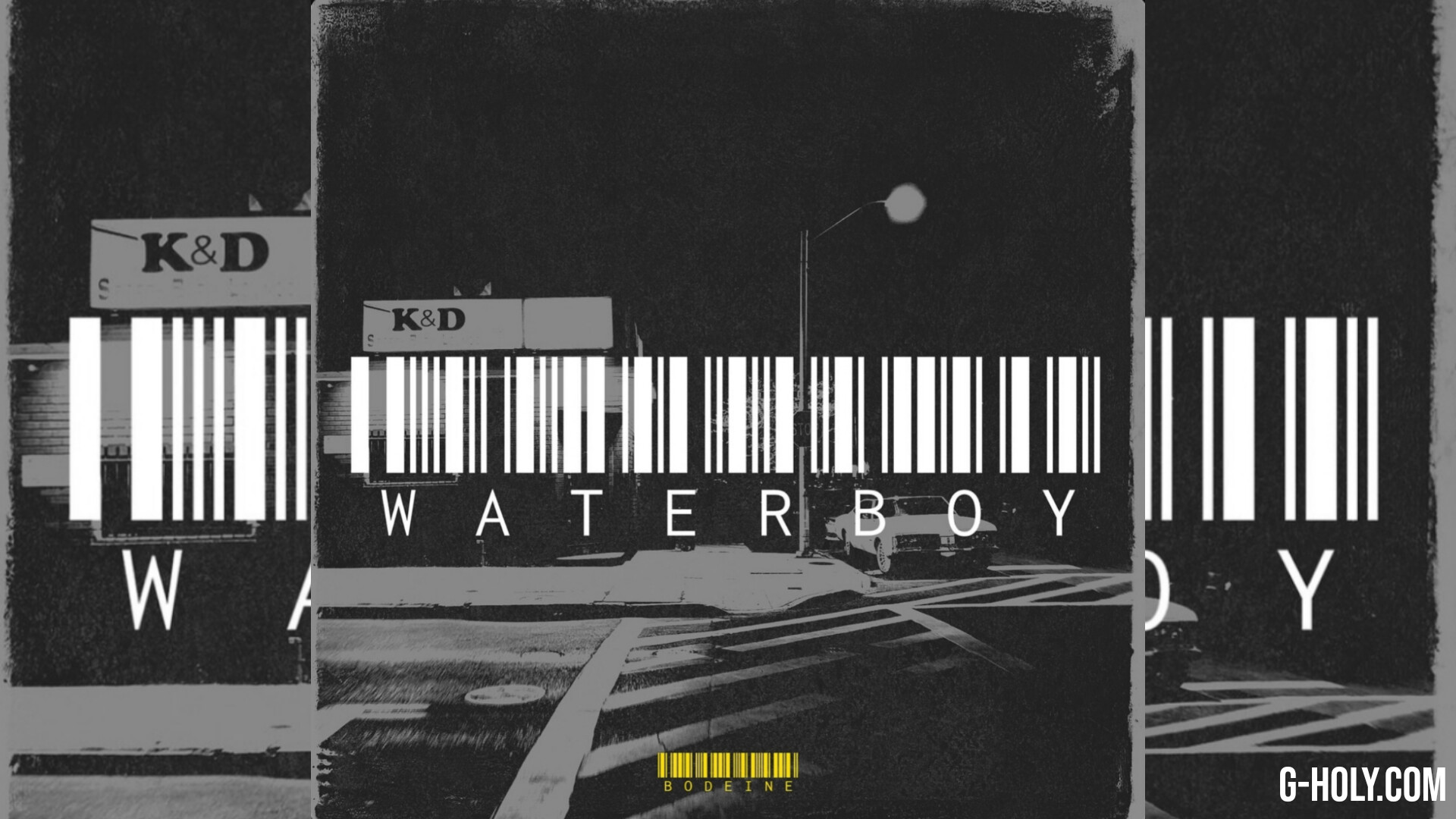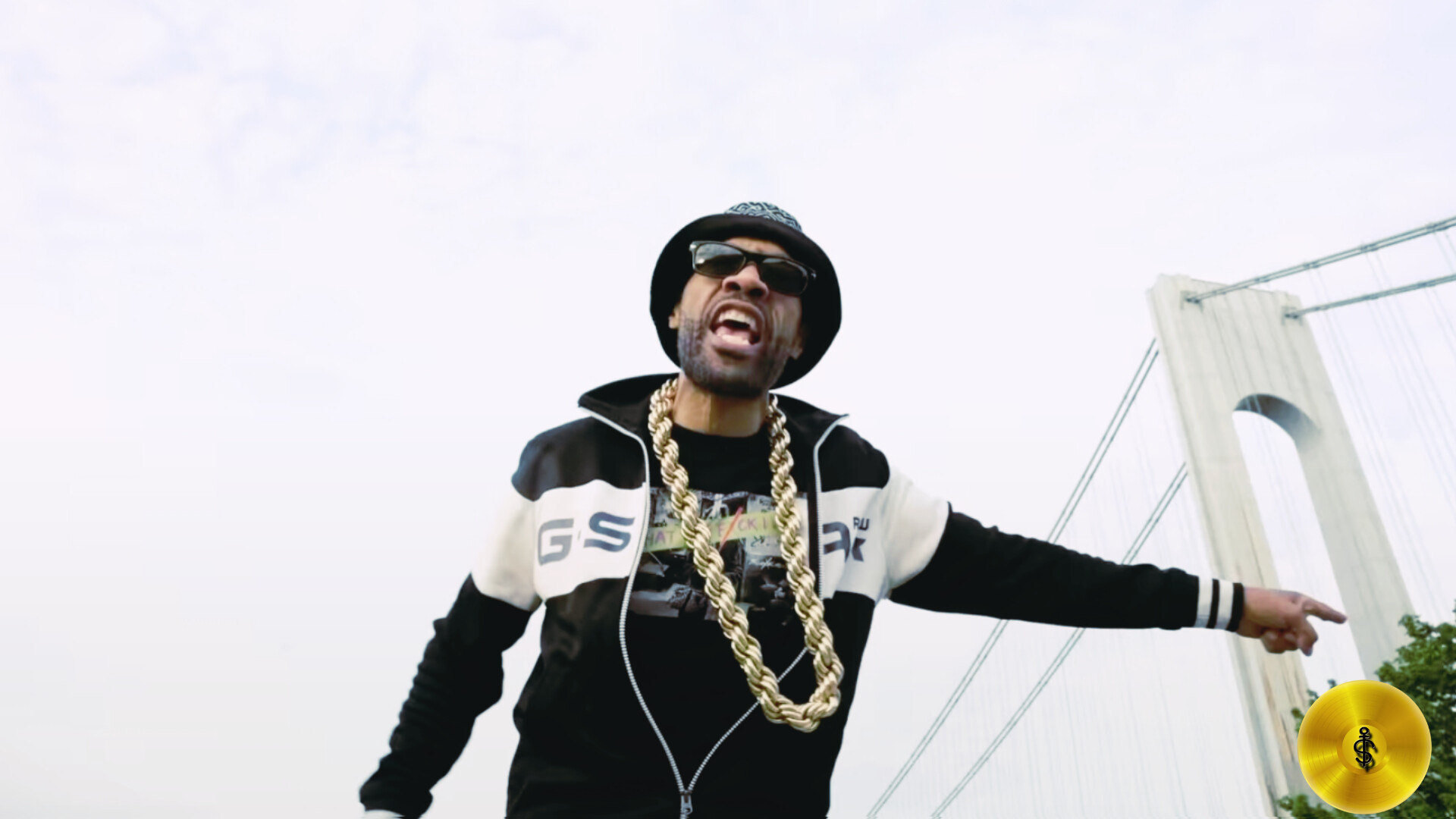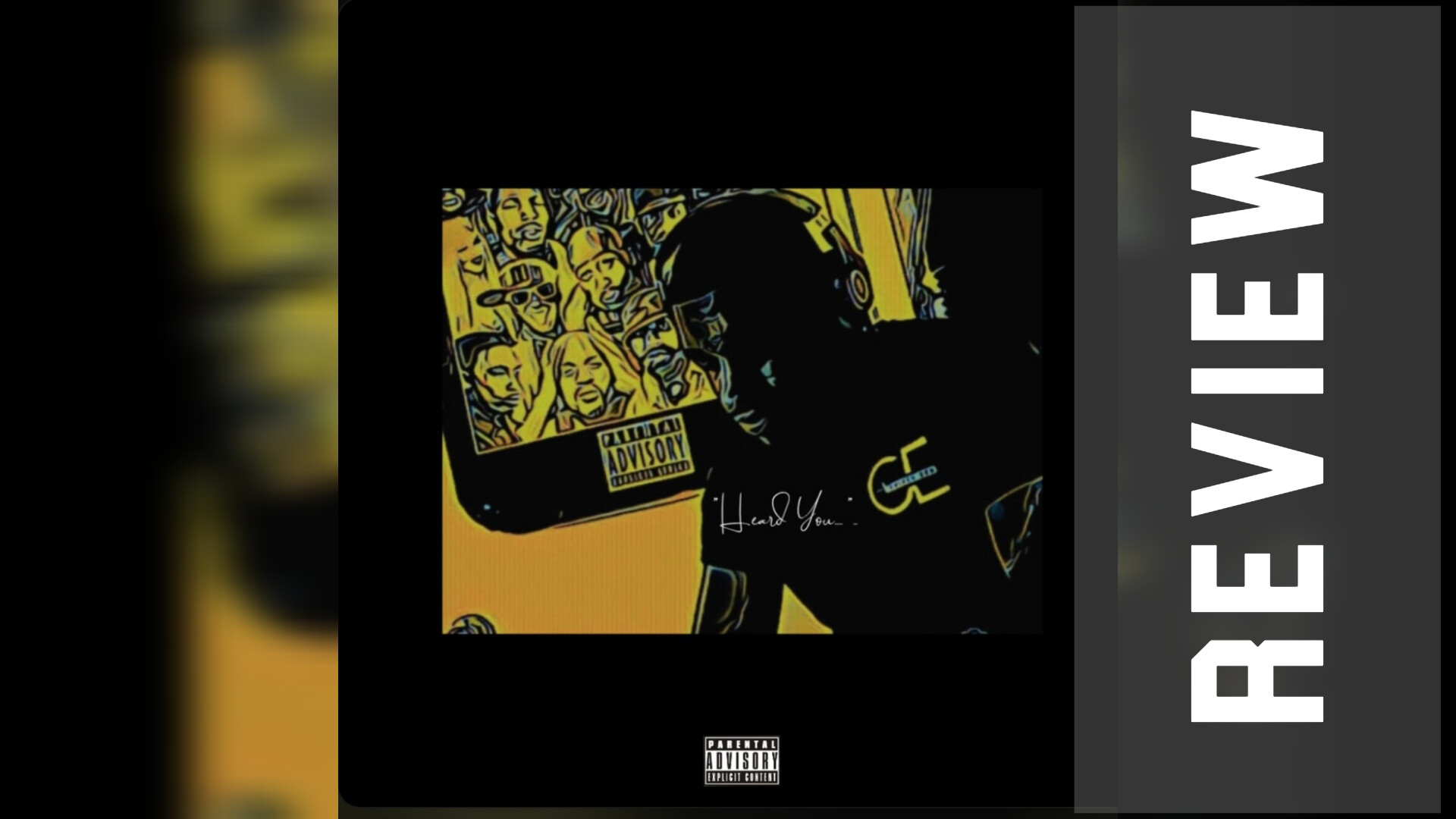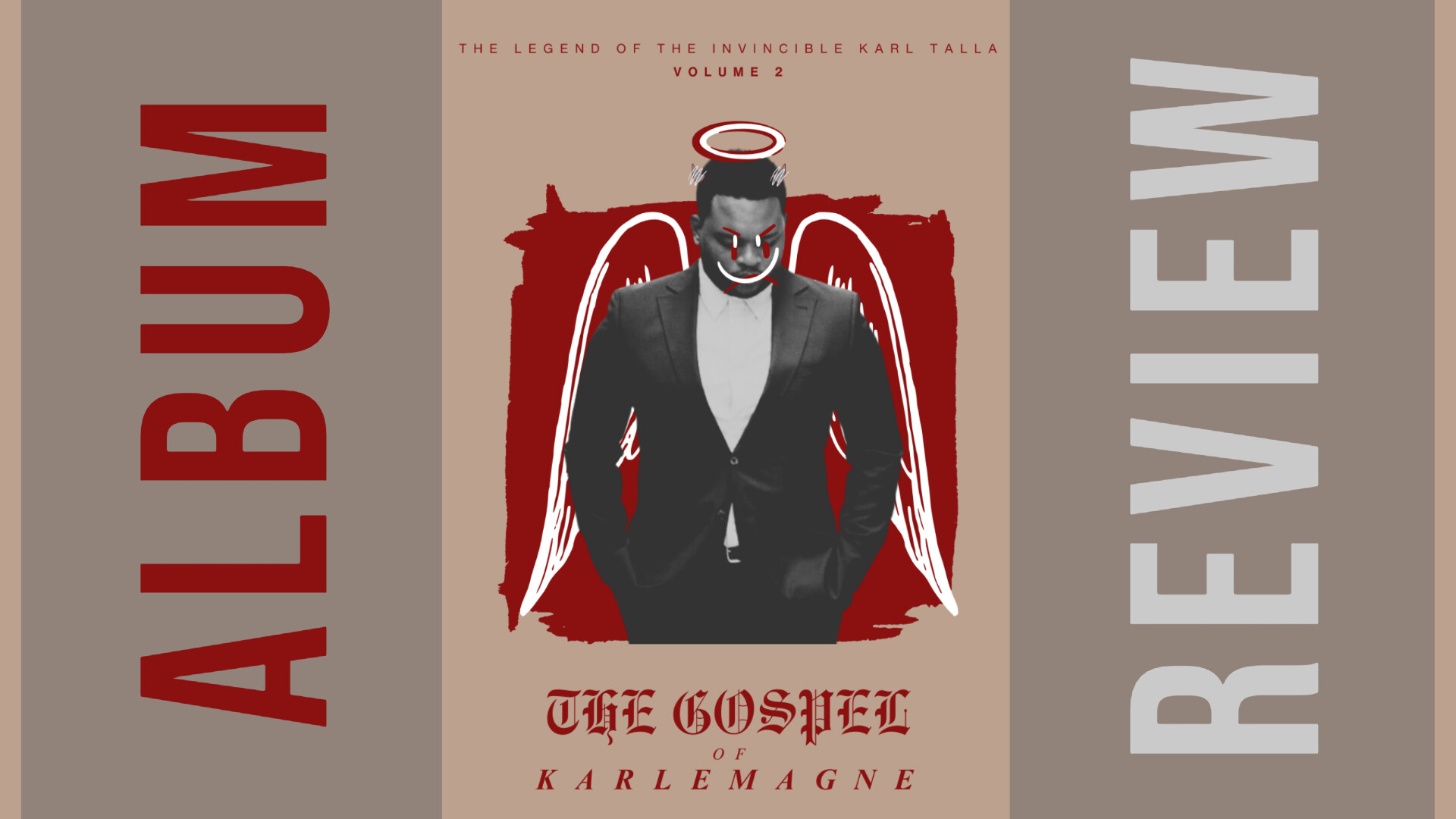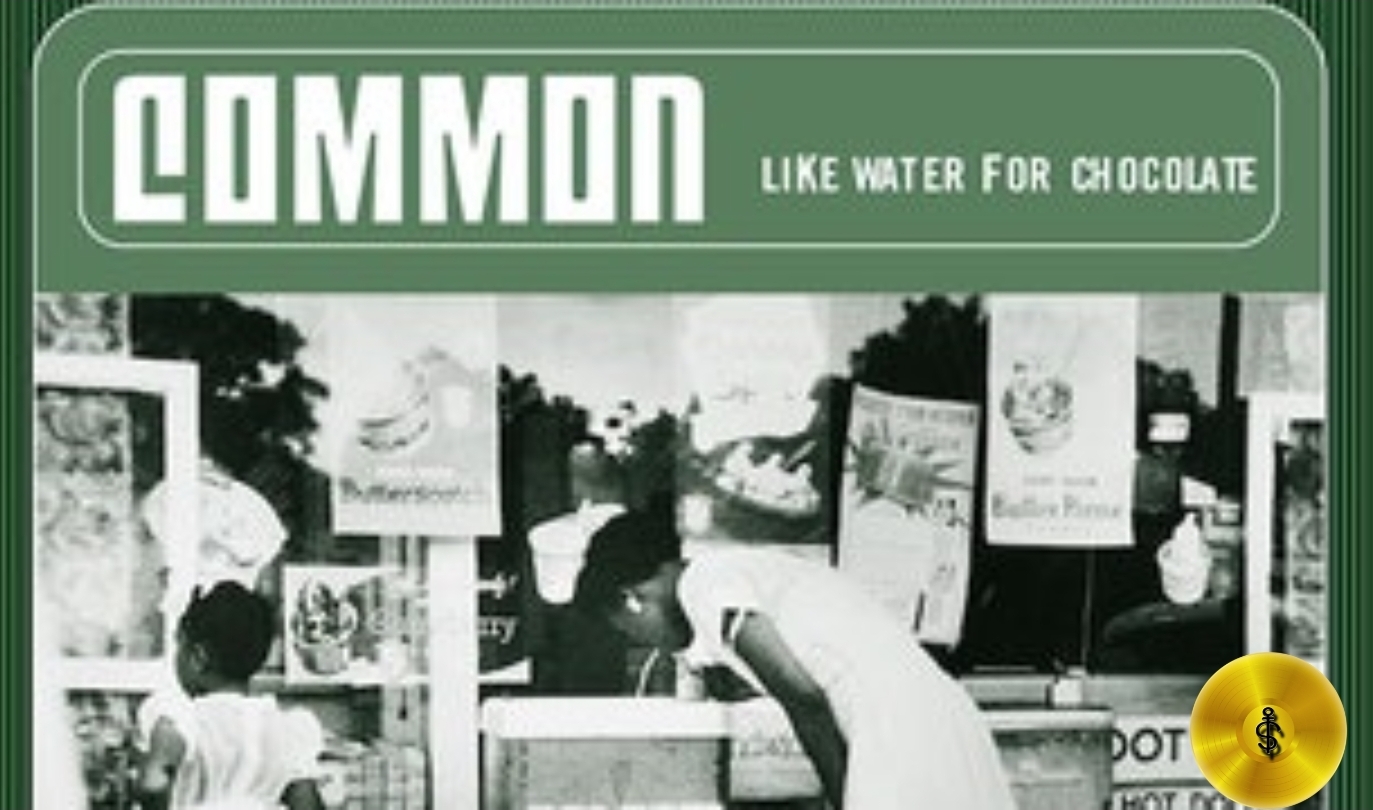
In late 1996, D’Angelo (aka the saviour of soul) and Questlove, best known as the drummer and bandleader of the Legendary Roots Crew, joined forces and began working on D’Angelo’s second album in New York’s Electric Lady Studios. For the next four years the pair literally made the studio their home. They invited a group of like-minded Hip-Hop and neo-soul artists to inhabit the studio with them. Working together on each other’s records. This collective, which included artists such as Erykah Badu, Q-Tip, Common, J Dilla, Mos Def, and Bilal just to name a few, soon became known as The Soulquarians. Over the next four years they would create some of the most influential music of their era.
Albums like Badu’s Mama’s Gun, The Roots’ Things Fall Apart, and of course D’Angelo’s seminal Voodoo, which all came within months of each other. The Soulquarians had established themselves as one of the biggest forces in music. For all the critical and commercial that various Soulquarians projects received however, there is one that never really got the flowers it deserved. Common’s 2000 classic, Like Water For Chocolate turns 21 today and we are going to take a look back at the massively underrated milestone from one of Hip-Hop’s most beloved conscious rappers.
Coming off his third studio album, 1997’s One Day It’ll All Make Sense, Common seemed to be on the verge of stardom. With conscious lyrics, soulful beats, and a long list of collaborators that included Lauryn Hill, Cee-Lo Green, and De La Soul, One Day received critical acclaim and sold more copies than any of the Chicago MC’s previous albums. His next record however, made in collaboration with virtually every member of the Soulquarians. This would push him to new heights, both critically and commercially.
Even though LWFC was well received upon its release, there is no question that the album was overshadowed by other Soulquarians projects. Namely Voodoo and Mama’s Gun, both of which came out in the same year as Common’s major label debut. Now, more than two decades after its release, LWFC is somewhat forgotten by casual fans. Especially compared to 2006’s Be, Common’s sixth studio album, which featured more crossover appeal and a young Kanye West at the helm as executive producer.
That being said, there is no reason for LWFC to be forgotten and in many ways. It is the quintessential Soulquarians record. With production from J Dilla, James Poyser and Questlove, the album also features a great amount of live instrumentation. This is one of the things that made the Soulquarians Hip-Hop records so unique. Over the course of 80 minutes, Common keeps listeners entertained with a perfect blend of conscious Hip-Hop and Neo-Soul that has yet to be bettered. The first half of the album has its standouts, such as “The Light” and the Bilal and Jill Scott-featuring “Funky For You,” but it is the back half of the LP that makes LWFC the album that it is. The DJ Premier-produced “The 6th Sense” is one of Common’s most memorable tracks. “A Film Called (PIMP)” features extremely clever wordplay from the supremely talented MC Lyte. She goes toe to toe with Common’s pimp persona on the track.
The highlight of the album however, is undoubtedly “A Song For Assata.” Preceding the outro, “A Song For Assata” tells the devastating story of Assata Shakur; A former Black Panther and Civil Rights activist who was exiled to Cuba after being convicted of shooting a New Jersey State Trooper. The track’s smooth instrumental and chorus is sung by none other than Cee-Lo Green. Cee-Lo provides a perfect backdrop for Common to show off his brilliant storytelling skills behind the mic.
Common’s Like Water For Chocolate is undoubtedly one of the highlights of the Soulquarians collective and late 90’s – early 2000’s conscious rap in general. It is an essential listen for any Hip-Hop fan, young and old. And what better time to listen than on the day it was released, 21 years later.
Listen to the album here.

